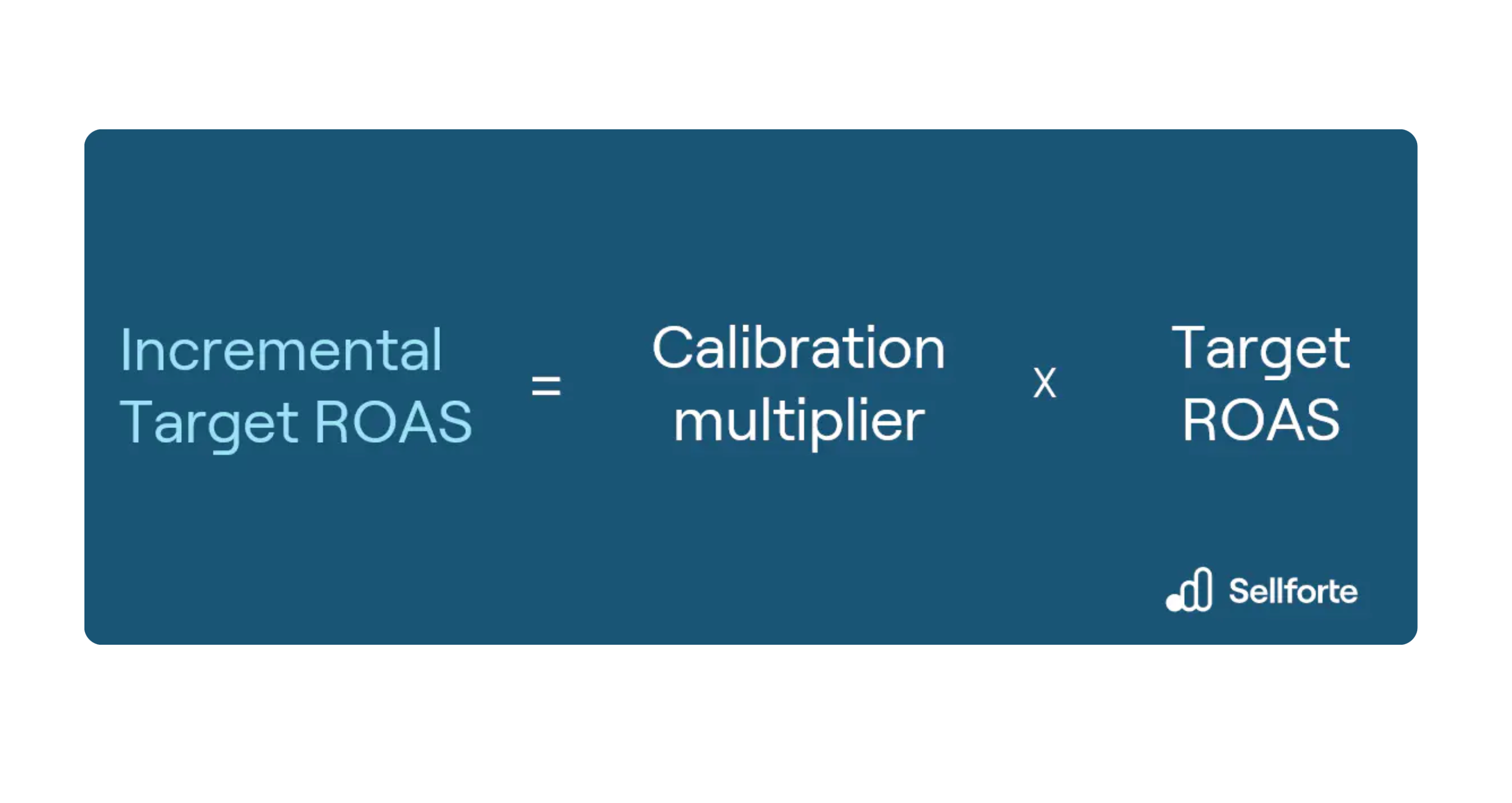How Much Ad Spend Is Needed for Marketing Mix Modeling?
If your annual media spend is below $5 million, traditional Marketing Mix Modeling (MMM) vendors might tell you that their service isn’t the right fit for you, because you're not big enough.
Posts about:
If your annual media spend is below $5 million, traditional Marketing Mix Modeling (MMM) vendors might tell you that their service isn’t the right fit for you, because you're not big enough.
If your annual media spend is below $5 million, traditional Marketing Mix Modeling (MMM) vendors might tell you that their service isn’t the right fit for you, because you're not big enough.

“Build or buy” is always a hot topic, especially in today’s data-driven world. To keep things transparent, we’re diving into a comparison between an MMM SaaS solution like Sellforte and building your own in-house. We’ll look at key factors to consider when deciding whether to go DIY or go with a vendor like Sellforte. Should you build your own? Or team up with a provider? In this article, we’ll break down the pros and cons of each option to help you make the best choice. Let’s jump in!

“Build or buy” is always a hot topic, especially in today’s data-driven world. To keep things transparent, we’re diving into a comparison between an MMM SaaS solution like Sellforte and building your own in-house. We’ll look at key factors to consider when deciding whether to go DIY or go with a vendor like Sellforte. Should you build your own? Or team up with a provider? In this article, we’ll break down the pros and cons of each option to help you make the best choice. Let’s jump in!

Performance marketing (which is a funny term—shouldn’t all marketing aim to perform?) usually refers to channels like Pay-Per-Click (PPC), Search Engine Advertising (SEA), Search Engine Optimization (SEO), Social Media Advertising, Affiliates, Email Marketing, Influencer Marketing, and Display Advertising.

Black Friday isn’t just a day anymore—it’s a full-blown phenomenon. What started as a 24-hour shopping frenzy has morphed into “Black Week,” where retailers offer deep discounts and irresistible promotions for days on end. We all love some discounts right? However, for retailers it’s the ultimate sales event, where a significant chunk of annual revenue can be made in a matter of hours. But behind the excitement, there’s a tough question marketers are grappling with: How much of these booming sales are driven by savvy marketing campaigns, and how much is simply the result of slashing prices?

Marketing Mix Modeling (MMM) is a method used to measure the effect of marketing efforts on sales and performance metrics. It's gaining popularity among marketers as they aim to maximize their marketing budgets and comprehend the ROI of various channels and strategies. Plus, with the decline of third-party cookies, MMM has emerged as an ideal tool for marketers. However, it can be tough for beginners to grasp as it involves several technical terms and definitions. This blog post aims to shed light on the most common terms used in MMM and what they mean.

Weather doesn’t just decide whether we grab an umbrella or throw on a pair of sunglasses—it shapes how we shop. From surprise cold snaps to scorching summer heatwaves, weather has the power to instantly sway consumer behavior, either fueling demand or putting it on ice across industries like fashion and grocery retail. Traditionally, Marketing Mix Modeling (MMM) zeroes in on the message (what you're advertising) and the channels (where you're advertising). But often overlooked are the external forces, like weather, that can make or break marketing performance.

Are you prioritizing growth or efficiency when making decisions about the upcoming campaigns and budgets? What if you didn’t have to choose between the two?

Digital marketing professionals spend a significant amount of time every week optimizing bid levels for the tens or hundreds of campaigns they are running. One major challenge for them is optimizing Target ROAS (Return on Ad Spend) for the campaigns. The problem is that ad platform-reported ROAS does not account for the true incrementality of the campaigns, and thus the ROAS metrics are not comparable across campaigns and ad platforms.